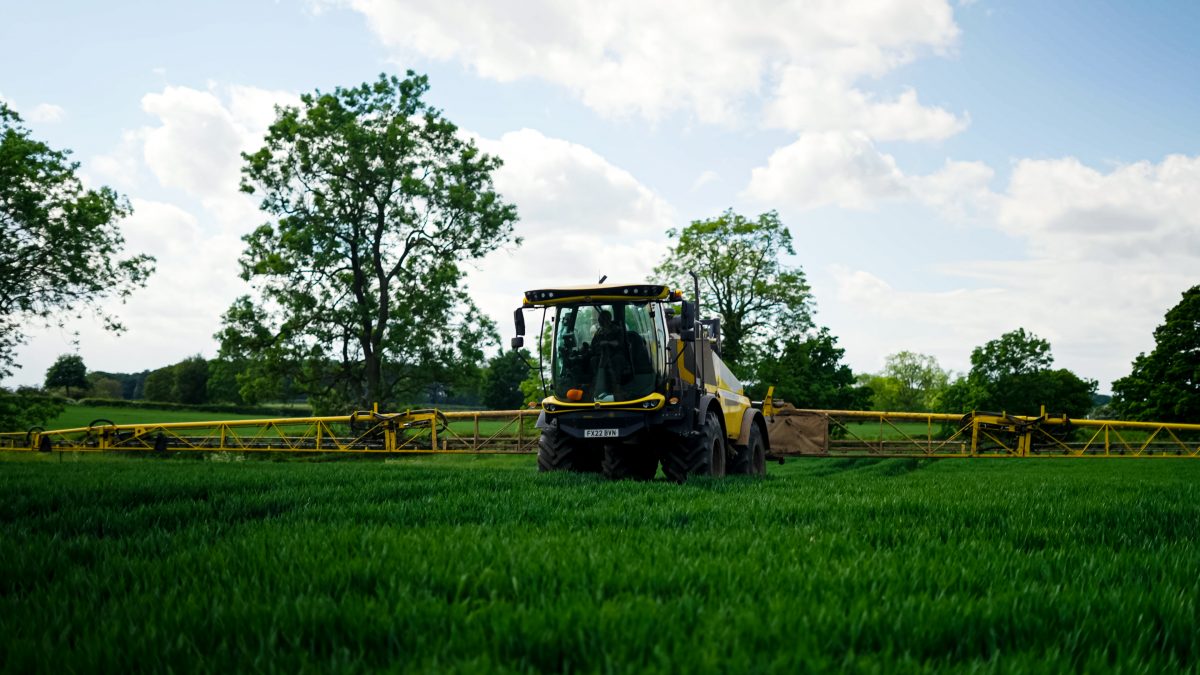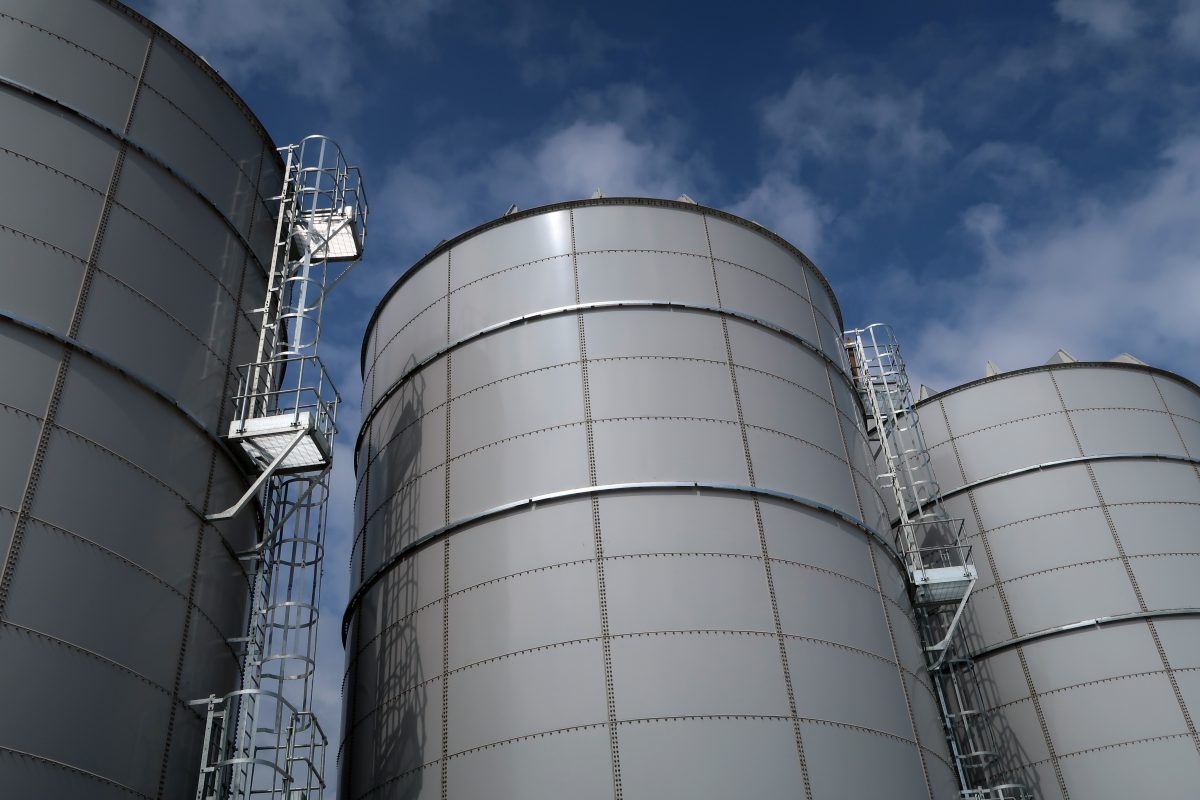Explainer: Helping you understand the new Poisons Act Regulations for Nitrogen Fertilisers – 3 minute read
You may have noticed that, for certain Nitrasol products, our sales and despatch paperwork now includes the statement “This Product is Reportable under the Poisons Act 1972”.
Why is this and what does it mean for you?
The New Poisons Act Regulations
On the 1st October 2023, The Control of Poisons and Explosives Precursors Regulations 2023, introduced new substances to the list of Regulated and Reportable explosives precursors and poisons. The classification of ‘Ammonium Nitrate’ to fall within the scope of the Poisons Act 1972 is what has caused this regulatory change.
Whilst fertilisers should never be consumed, Ammonium Nitrate is not harmful to health, nor is it a poison. However because it can be used as an explosive precursor, fertilisers containing Ammonium Nitrate have fallen within the controls set out in the Act.
What Fertilisers are Now in Scope?
Most Liquid Nitrogen fertilisers contain varying proportions of Ammonium Nitrate.
- The majority of Nitrasol fertilisers contain less than 16% embedded Ammonium Nitrate and are now classified as Reportable substances.
- Some fertiliser raw materials used for manufacturing, such as Nitrasol 32% UAN contain at least 16% embedded Ammonium Nitrate and are now classified as Regulated substances for which additional security steps apply.
- Some Nitrasol fertilisers such as Urea Solutions or Foliar Micronutrient , can contain no Ammonium Nitrate material and are therefore not classified as Regulated or Reportable under the Act.
If a Nitrasol fertiliser is Reportable or Regulated under the Act, it will be clearly indicated on our sale and despatch paperwork.
What’s Are The New Responsibilities?
For both Regulated and Reportable fertilisers, the new regulations place additional obligations to report suspicious transactions of substances. A suspicious transaction would include loss or theft of the product.
For both Regulated substances and Reportable substances, any significant disappearances or thefts must be reported within 24 hours to your local police force using 101 (or 999 in an emergency). Please include a reference to the Poisons Act 1972 in your report and if it is a regulated or reportable explosive precursor. Additional reporting advice is given in the gov.uk explainer
More routinely, as part of the normal course of business, for Regulated products only, we are now required to ask customers to prove their identity when ordering – without this proof, we must decline the sale. Professional end users (growers/farmers) purchasing Regulated products can prove their identity to the us with photo ID – e.g. driving licence, passport, gun licence. We will keep a record of all photo identities supplied for Police inspection upon request.
Existing Responsibilities for Secure Fertiliser Storage
All fertiliser manufacturers and farmers must take extra care over the storage and security of regulated substances like fertilisers. Existing codes of practice relating to fertiliser storage on farm are given here: https://www.agindustries.org.uk/sectors/fertiliser/resources/security.html
Keeping You Updated on Future Regulatory Changes
There are a number of other regulatory changes coming up including proposals around Ammonia Emission Control, Nutrient Use Efficiency, Carbon Border Adjustment Mechanism [CBAM], Post-Brexit Fertiliser Regulations and REACH. We are involved with responding to and shaping draft proposals and will report back when proposals become clearer.





